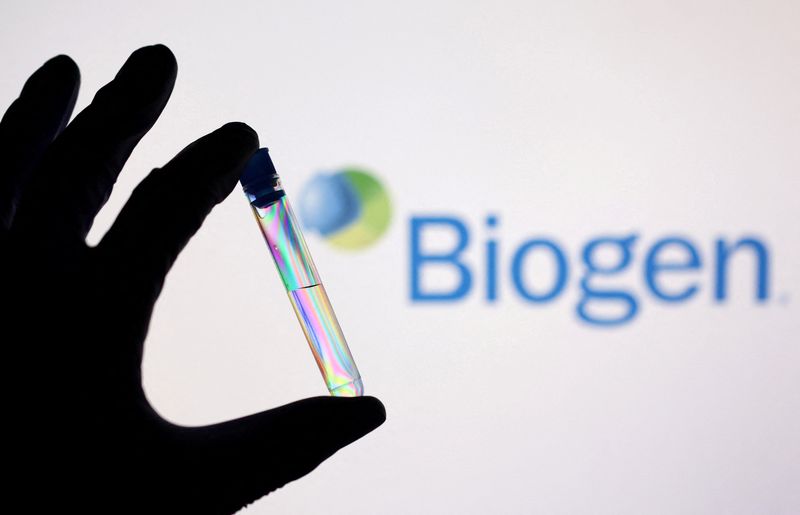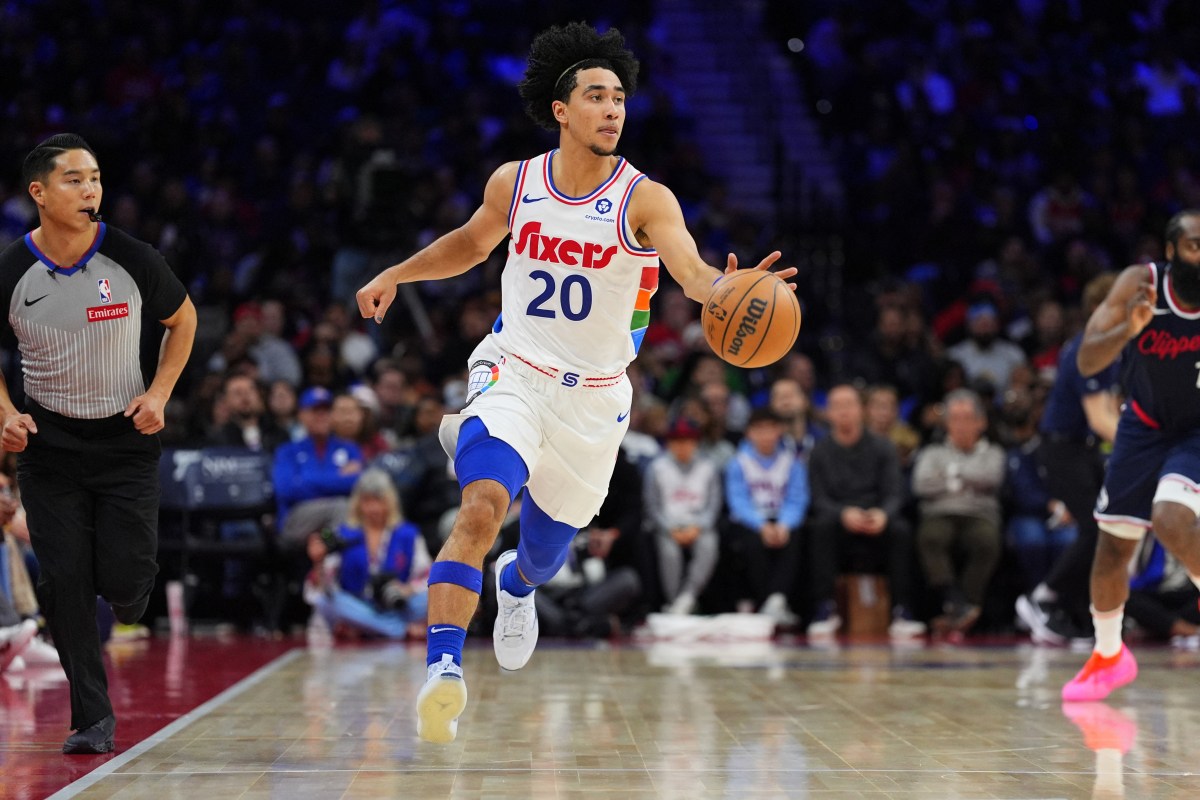(Reuters) – Sage Therapeutics Inc’s drug helped improve depressive symptoms after three days in a late-stage study, but investor concerns over how long the treatment’s effect would last sent the drug developer’s shares down 17% on Wednesday.
In a study among 440 patients with major depressive disorder, the drug, zuranolone, taken along with an antidepressant also showed a statistically significant improvement in symptoms over a two-week period, the company and partner Biogen Inc said on Wednesday.
Analysts, however, said the near-term durability of the oral drug would likely be the key to broader commercial success.
“The clinical benefit is modest and the effects are not durable,” said Truist Securities analyst Joon Lee, adding that the regulatory process for the drug is likely to be “wrought with noise, controversy” over the next 12-18 months.
The trial results come after a separate late-stage trial in June raised similar concerns about how long the symptom improvement would last.
Major depressive disorder affects over 16 million American adults every year and is mainly treated with antidepressants, which could take up to six weeks to show effect.
Sage, which has a postpartum depression drug on the market, said it plans to file for U.S. approval of the drug this year. Sage signed a deal worth up to $1.5 billion with Biogen in 2020 to develop zuranolone along with another experimental drug.
While zuranolone showed greater reduction in symptoms than placebo after three days, the difference was still lower than Street expectations, Guggenheim analyst Yatin Suneja said.
But Suneja added that the drug remains approvable and he had expected its effect to wane over time as the company had decided to evaluate the results at day three for the main goal instead of at day fifteen as it had done in the June trial.
(Reporting by Amruta Khandekar; Editing by Amy Caren Daniel)



















